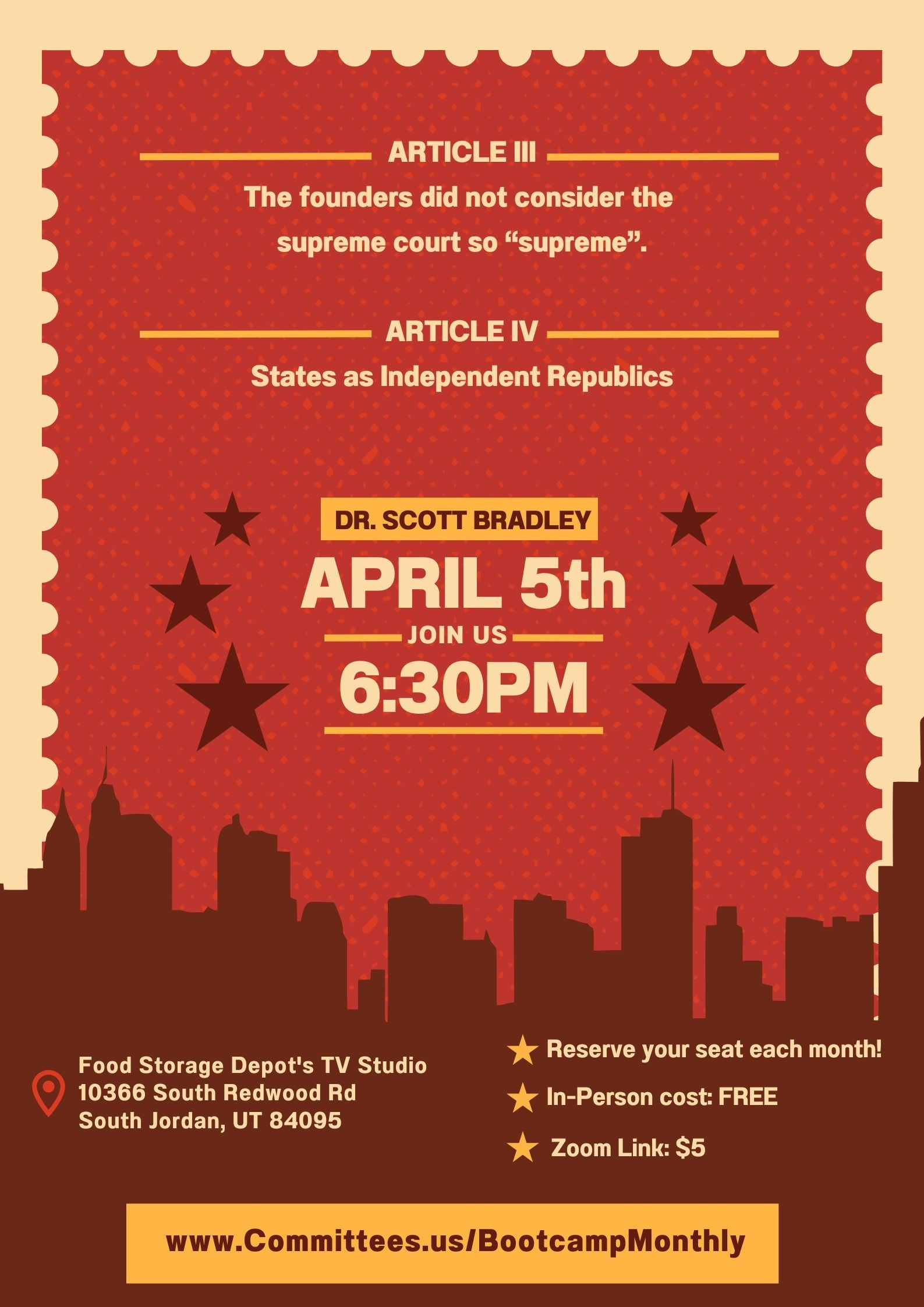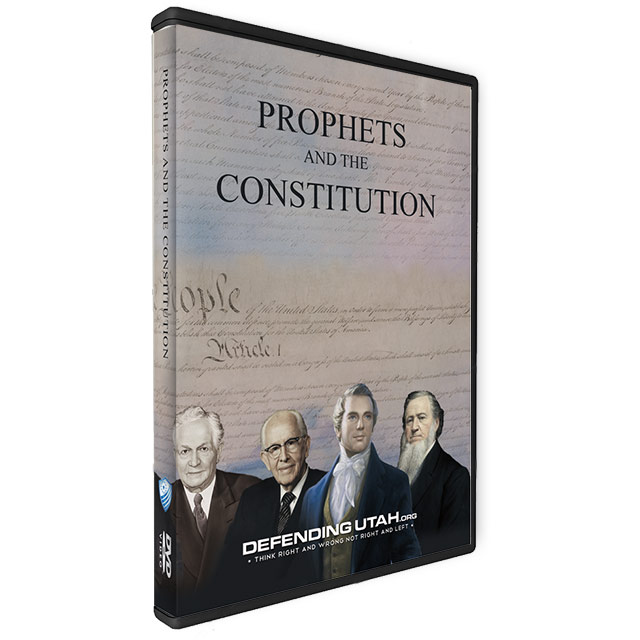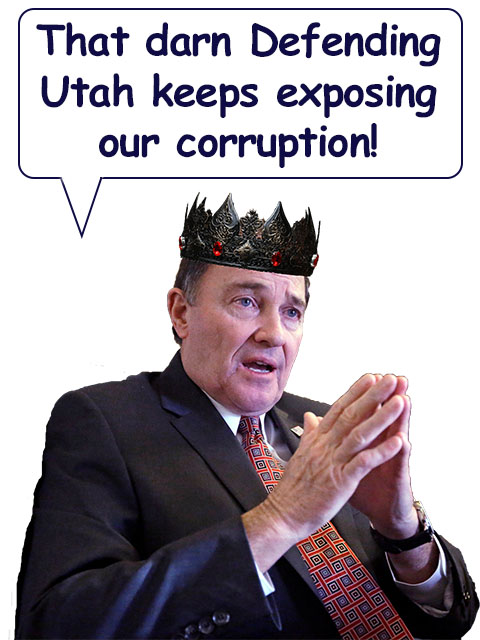As many of you are aware, Judge David Nuffer, on November 3rd, released his decision pertaining to the Summary Judgment Hearing which had been held on October 27th, just the  week prior. Owing to less-than-thorough journalism on one hand and a carefully worded press release from the Republican Party on the other hand, it appears that the public has been impressed that the Republican Party won that decision. But that is not the case.
week prior. Owing to less-than-thorough journalism on one hand and a carefully worded press release from the Republican Party on the other hand, it appears that the public has been impressed that the Republican Party won that decision. But that is not the case.
The fact is, the Republican Party did not even have a motion before the court during this summary judgment hearing. Yes, they had attorneys present at the hearing to argue their responses to the State’s motion for summary judgment. But they had no motion of their own before the court. It seems they filed their motion with the court a few minutes past the filing deadline, and Judge Nuffer ordered it be stricken, citing that, “Because this is not the first, second, third, or even tenth time Plaintiff’s counsel had missed a deadline in this case, the following items will be stricken and will not be considered.” So, the fact is that the decision was in favor of the Constitution Party’s motion. It was our win, though the Constitution Party did give leave that it be extended to the Republican Party as a non-movant.
However, all this didn’t stop the GOP from holding a press conference out on the court house steps after the hearing where they declared victory and took credit. I would have expected nothing less.
The legal objective and premise of this entire suit, both for the Constitution Party and for the Republican Party, was to preserve the right to free association as is deemed to be guaranteed under the First Amendment. Implicit in the right to associate is the right not to associate. As private organizations, political parties should be able to choose those with whom they would or would not associate, both during the nomination process and at the election polls. Senate Bill 54 put a severe burden upon those rights, and resulted in several problem areas in the Utah State Election Code. Not all those points were successfully resolved in the suit, but much progress has been made.
We will look at several points in the Utah State Election Code that were altered by the passage of Senate Bill 54.
THE UNAFFILIATED VOTER PROVISION:
The first is that clause 20A-Chapter 9, Part 1, Section 101, 12(a), that was usually referred to as “the unaffiliated voter provision,” but more often simply as 12(a). It had language which originally read: “(12) “Qualified political party” means a registered political party that:
(a) permits voters who are unaffiliated with any political party to vote for the registered political party’s candidates in a primary election;”
This “unaffiliated voter provision” was declared by Judge Nuffer to be unconstitutional as applied to the Constitution Party, and as extended to the Republican Party. With that clause now gone, its function is replaced by 20A-9-406-1(a), which reads: “(1) the qualified political party shall, no later than 5 p.m. on March 1 of each even-numbered year, certify to the lieutenant governor the identity of one or more registered political parties whose members may vote for the qualified political party’s candidates;” It is evident from the above that, whereas the now-stricken clause specifically forced the inclusion of unaffiliated voters in the primary elections, the language of this clause does not even give the option of allowing them voting rights in the primaries.
THE SIGNATURE GATHERING ROUTE TO THE BALLOT:
The second part of the code that needs consideration is 20A-9-408-8, which is where the signature gathering method of obtaining the nomination is dealt with. Paragraph 8 reads in part: “(8) A member of a qualified political party may seek the nomination of the qualified political party for an elective office by:
(a) complying with the requirements described in this section; and
(b) collecting signatures, … in the following amounts:
(i) for a statewide race, 28,000 signatures of registered voters in the state who are permitted by the qualified political party to vote for the qualified political party’s candidates in a primary election;”
Lesser numbers of signatures are required for other offices.
It was ruled by the Court that, with the unaffiliated voter provision stricken from the law, that the signature gathering process is constitutional. And it may be constitutional, but it is certainly discriminatory.
It would have been one thing to have no choice in the matter of whether or not the unaffiliated voters could vote in the primary election for candidates that a party has vetted, and whose names have been placed on the primary ballot by that party. But it would have been quite another to have to suffer those candidates actually being chosen and nominated by voters with no affiliation with the party. But that is exactly the effect of Section 408 Paragraph 8.
Section 408, before the unaffiliated voter provision was stricken, in effect allowed anyone with enough money to purchase (at a typical cost of two to three dollars per valid signature gathered) a policy insuring that his name would appear on the primary ballot whether or not he is selected and approved in convention by the members of the party he purports to represent.
While the Constitution Party found that quite odious, that was not the worst of it. It would have been perfectly possible for a signature gathering candidate to get his name placed on the ballot as a purported candidate of the Constitution Party, without having obtained so much as one single solitary signature of a voter affiliated with the Constitution Party. Indeed, considering the numbers, it was probable.
A statewide office, for instance, requires 28,s000 signature of those whom the party “allows” (I use the term loosely) to vote in its primary election. In round numbers, the Constitution Party has only 4,000 members in this state.
Now please understand that we were not there begging for the numbers to be “fixed.” If this insurance policy must be made available to incumbents and others who may feel themselves in danger of not emerging victorious from a convention, then the Constitution Party wanted that policy to come at the dearest cost possible. We would have been only too happy to see the required numbers increased dramatically.
It will be argued that, with the unaffiliated voter provision stricken from the code, that that will solve the problem of the unaffiliated voters actually nominating our candidates for us. But consider that there may be circumstances in which a party finds it strategically advantageous to have a closed primary in one election cycle, and an open primary in another. We see that presently the Democratic Party has an open primary. In times past the Republican Party has had open primaries, though presently they choose to have closed primaries. It should be the uninhibited right of the Constitution Party, too, being a private organization, to so choose with whom we will associate at the polls.
But with only 12(a) stricken, we find ourselves in the discriminatory situation where, if we determine that we need to have an open primary and place our candidates before the general public in order to determine which might be the more marketable in a general election, we would also have to acquiesce to the prospect of having our candidates actually nominated by non-party affiliates. Conversely, if we want our candidates to be nominated by our own party members, then we do not have the option to place their names before the general voting public in the primary election.
TERMS OF MEMBERSHIP:
During the Preliminary Injunction Hearing held on April 10th, Judge Nuffer hammered home the point that the definition of membership in a party was totally at the discretion of the party, and was not simply defined by declaring party affiliation or preference at the County Clerk’s office when registering to vote. And this has some significant implications.
During late summer conventions, both the Republican Party and the Constitution Party modified governing documents to define membership to include abiding by party rules and bylaws. The constitution and bylaws of neither party allow for the gathering of signatures to obtain a nomination, but dictate that a nomination must come through the convention process. This gives the Republican Party a big stick, in that they might simply excommunicate from the party any candidate who files with the Lt. Governor’s office to gather signatures to gain the nomination, since by definition, they would not be complying with the party laws, and would therefore not fit the definition of membership. And though this action has been threatened, it remains to be seen whether the party brass would actually have the intestinal fortitude to carry it out should one of their major candidates have misgivings about his chances of success in the convention and wish to buy a place on the primary ballot to stay in the game. For my part, I’ll believe that when I see it.
The Constitution Party, of course, has this same power and option, but we also realize that our party is presently so small that nobody would care one if of its candidates were disavowed and consequently stricken from the ballot.
THE CONVENTION, GATHERING SIGNATURES, OR BOTH:
Further, there is another conflict which, depending on which way it is resolved, could redound to the benefit of the party, or to the detriment of the party. As illustrated by dialogue between the State’s attorney, Mr. David Wolf, and the Court during the summary judgment hearing on October 27, this has the potential to be the crux of the next lawsuit.
In 20A-9-101-12(d), it reads: (12) “Qualified political party” means a registered political party that:
(d) permits a member… to seek the registered political party’s nomination…by the member choosing to seek the nomination by either or both of the following methods:
(i) seeking the nomination through the … convention process,…; or
(ii) seeking the nomination by collecting signatures,…;
Meanwhile, elsewhere, 20A-9-406-3 says “an individual may only seek the nomination of the qualified political party by using” the convention process, the signature gathering process, or both.
While the language in these two passages appear to be very similar, a close reading reveals that 12(d) makes a point of saying “by the member choosing” which of these processes he will use in seeking the nomination. But 406-3 indicates that, at the party’s discretion, the party only has to provide the convention process, the signature gathering process, or both, but it is not obliged to provide both.
And therein lies the rub, which, upon observing, Judge Nuffer quipped, “That’s the next lawsuit. I can’t deal with it today.”
THE RECOVERY OF OUR LEGAL COSTS:
Because we have challenged a law and had it declared unconstitutional, by the provisions of some little used and perhaps obscure rule that I cannot presently cite, we are entitled to recoup our legal costs, or at least that portion of them that is attributable to the part of the suit on which we prevailed. However, the lion’s share of our costs did go directly towards that part of the suit. We spent but little time and effort (and money) considering the trademark violation issue, knowing that we had not the financial resources to fight a trademark case. And relatively little of the effort went directly into contesting the signature gathering process delineated in Part 408. We did, it seems, put some effort into the issue of whether the state could force us to have a primary, rather than the candidates being selected at the convention, but again, that was not a great part of the total cost.
Though we do expect to be awarded a good part of our costs, we do not yet know how much that might be. Nor do we know how long it might take to get it.
WHERE WE STAND AT THE MOMENT:
For the time being, the Constitution Party is safe from the ill effects of SB 54, but at the cost of our option to have an open primary election. With the unaffiliated voter provision having been declared unconstitutional, that renders impossible in most races anyone gaining the nomination through the signature gathering process. We are thus protected from non-party members nominating our candidates for us.
We have yet a couple of weeks to decide if there is any part of the judge’s decision that we want to appeal. An appeal would likely only be made if there are yet controversies that we feel we have to have resolved, or issues we feel we must contest, but which controversies or issues cannot be brought up in a separate suit at a later time owing to them having been already decided by the present decision. We are reviewing the situation now in order to make that determination.
Going into this suit, we had hoped that we could make a great deal more political hay than we have made, and in the process gain contributions to the cause in considerably greater amounts than we have actually realized. Part of our disappointment lies in the fact that we have at this point a rather weak online presence which doesn’t speak well for the party or the plight we have come through. And, had we had a good communications director/press agent in our midst, we might have been able to gain a good deal more press than we have, and with it, been better able to finance the project.
Nevertheless, it appears to this point that we will have come out of the ruckus having protected ourselves from the most imminent dangers of SB54, and, with what attorney’s fees we might recoup, be in a financially solid position going into the next election cycle. This was our hope and goal from the beginning.
LASTLY:
We owe a real debt of gratitude to our attorney, Mr. Collin Simonsen. He has worked long hours at a reduced rate, and I strongly suspect there have been many hours worked for which we have not been billed at all. And with it all, he has challenged an unjust law and had it declared unconstitutional. It is my understanding that this doesn’t happen all that frequently. The only regrettable thing is that we were not able to gain more press exposure for him, as he certainly deserves it.
Regards,
Bryce Hamilton
Chairman, Constitution Party of Utah










